The word Airbnb may conjure up an image of a hut in a garden or a spare bedroom in someone’s house.
But this quaint picture is starkly at odds with the financial reality of the 2007 start-up.
The travel industry disruptor is now worth £75 billion and it’s estimated that six guests check into an Airbnb accommodation every second.
In picturesque north and north-east Scotland, chances are there’s one near you, perhaps even next door.
It’s a phenomenon that has prompted concern, even legislation, in parts of the world, including in Edinburgh and the Highlands, albeit obliquely.
Concerns over the availability and affordability of housing has seen Barcelona, New York and Santa Monica take action against short-term rentals, from tighter restrictions to outright bans.
Airbnb in Scotland becomes a subject of debate
In February, the UK Government said it wanted to prevent a “hollowing out” of communities and stop local people from being “pushed out by excessive short-term lets”.
The Scottish Government said in March councils could make some or all of their region a short-term let “control area” with two already in Edinburgh and Badenoch and Strathspey.
In control areas, planning permission is required to let out a whole accommodation.
Anna Dudek runs Rooms at 31, a seven-bedroom B&B in Stonehaven, listed on platforms including Booking.com, Expedia and Airbnb.
As a popular tourist destination with events throughout the year, it’s a busy town for hoteliers, would Anna agree?
“Only in the summertime, in the winter it’s hard to survive,” she says.
She points out Stonehaven once had B&Bs “on every corner”, but they have dwindled.
She says last year’s introduction of short-term lets licensing has affected traditional hospitality and Airbnbs equally.
Airbnb in Scotland also subject to short-term licences
The changes apply to providers of short-term lets, including B&Bs, guest houses and anyone renting a room or home on Airbnb.
In Scotland, the licence is around £260 for a double room and up to £520 for a short-term rental house with a maximum occupancy of 10.
Failure to have a licence can result in a ban and fine of up to £2,500.
In June, following feedback from the hospitality industry, MSPs relaxed the policy.
Now hosts can apply for three licence exemptions totalling six weeks per year.
Anna is more focused on the high cost of hospitality than competition from Airbnb.
She likes the brand itself and explained how it differs from other platforms, from a host’s point of view.
Airbnb favoured by American and German visitors
“Most customers we have are from Booking.com but lots of people from the US and Germany use Airbnb.
“In Scotland and England, it’s maybe not as popular as Booking.com.”
“Booking.com takes monthly payments, we pay £40 each month, it depends on how many rooms you have.
“Airbnb doesn’t have this. They take commission for every reservation, but Booking.com takes monthly payments plus every single day commission.
“If I sell the room for £50 on Booking.com, they take £8.”
Anna finds a recent reservation booked through Airbnb.
“It’s £80 for the room and Airbnb take £14. It’s a lot, but everything is a lot!
Speaking of the process Expedia, she said: “On a £50 booking they would send me about £37.”
Anna says she has to reduce her prices in winter. She adds: “When I took this place six years ago, the normal price for a room was £50, now it’s the same price.”
“Bills are going up and income is going down.”
Overall, does she think having other Airbnb premises nearby takes anything away from her business?
“No, it’s not doing anything bad for me,” she says.
One argument is that if people rent an inexpensive Airbnb, they have more to spend locally in cafes and shops. Does that theory hold water?
“I don’t think so,” says Anna. In her experience, lower prices attract a different type of customer.
When she’s quiet, she may drop the price to £35.
“But who is coming for this price? Not tourists,” she says.
“It’s people coming just for pubs.”
In the past, Airbnb has said it recognises “there are historic housing challenges facing some communities in the UK” but that short-term lets are “not the root cause of housing challenges”.
It has said it wants to be a “responsible partner” working with communities “to address the challenges they face”.
How does it affect housing stock? We hear from Shelter Scotland…
Gordon MacRae is Assistant Director of Shelter Scotland.
He says Aberdeen had seen a “real spike in homelessness”, with a 64% increase year-on-year in terms of homeless applications.
In Aberdeenshire and the Highlands the numbers have stabilised, even fallen, but he stresses that the picture is complex.
Issues such as healthcare, transport and depopulation come into play.
“We talk about short term lets as if they are one thing and they’re not,” says Gordon.
“Self-catering has always been an important part of Scotland’s tourism industry.
“We should consider properties that have been purpose-built for self-catering as a good thing.
“We see those types of holiday homes on platforms like Airbnb.
“Talking about short-term lets and Airbnb being a problem for housing supply, that’s not what we’re talking about.
“What we are talking about are whole homes being let out in streets and in communities where there is a desperate shortage of housing.
“We are not talking about people letting out a room in their house.
“Our concern is the extractive nature of transforming properties that were once homes into holiday homes, short-term lets or being empty for a long time.
‘A toxic discussion rather than a meaningful conversation’
“Frankly, some parts of the tourism sector have made this a toxic discussion rather than a meaningful one.
“We know from others in the tourism sector that they struggle to get staff.
“So the housing shortage is both a problem for tourism in rural, remote, Scotland and a contributor to the housing problem.
“The question is, what does our policy environment encourage? People aren’t even paying council tax or business rates on properties.
“They are being let out as short-term lets and the community loses out twice.
“It can’t be right that we are effectively paying people to take homes out of supply.
“This isn’t a problem of individual behaviour. It’s a problem with housing policy.
“When there has been modest attempts to change that, it has been met with vitriol.
“We need to see other leaders in the tourist sector come together and discuss these things.
“If we made all short-term let social homes tomorrow it would not end Scotland’s housing emergency but it would make a contribution and every contribution is important.”
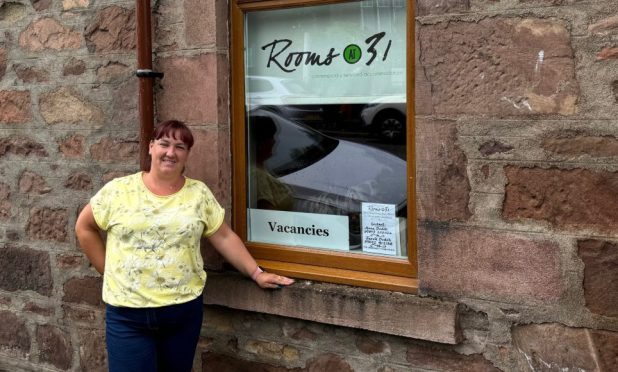
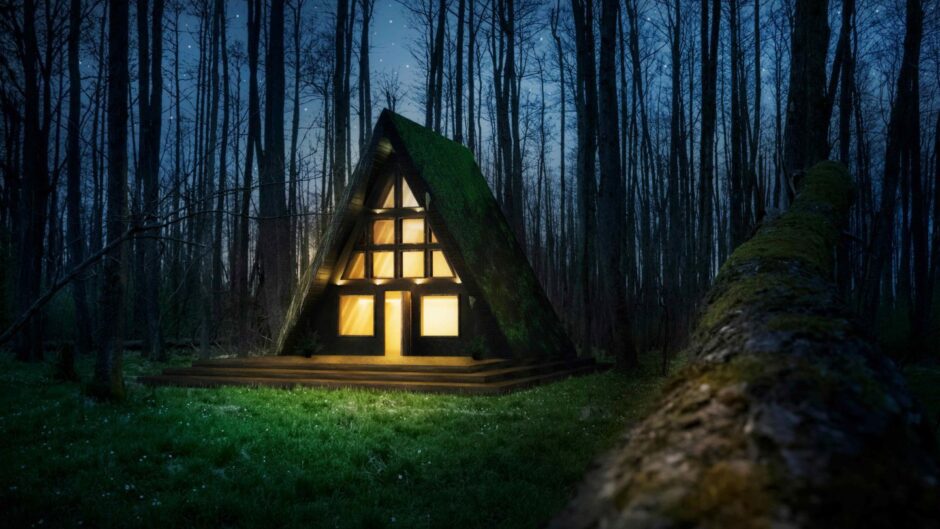
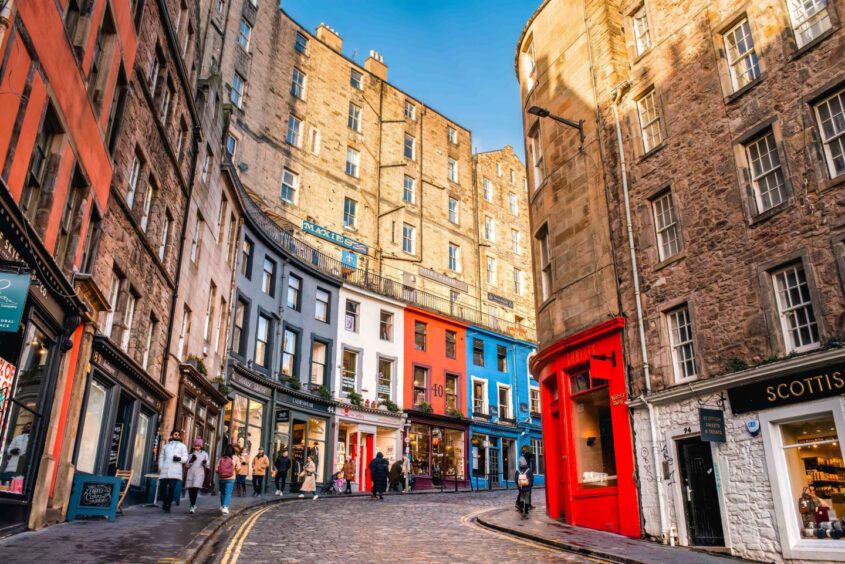
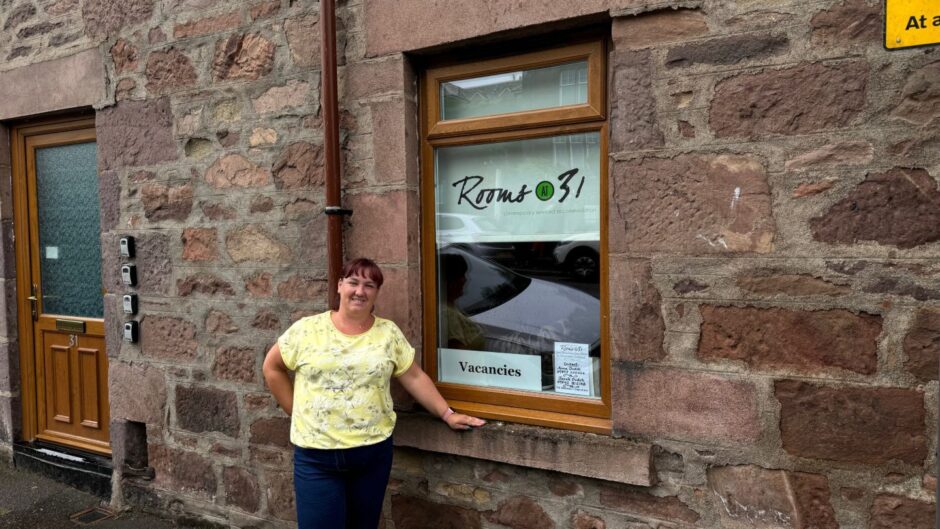
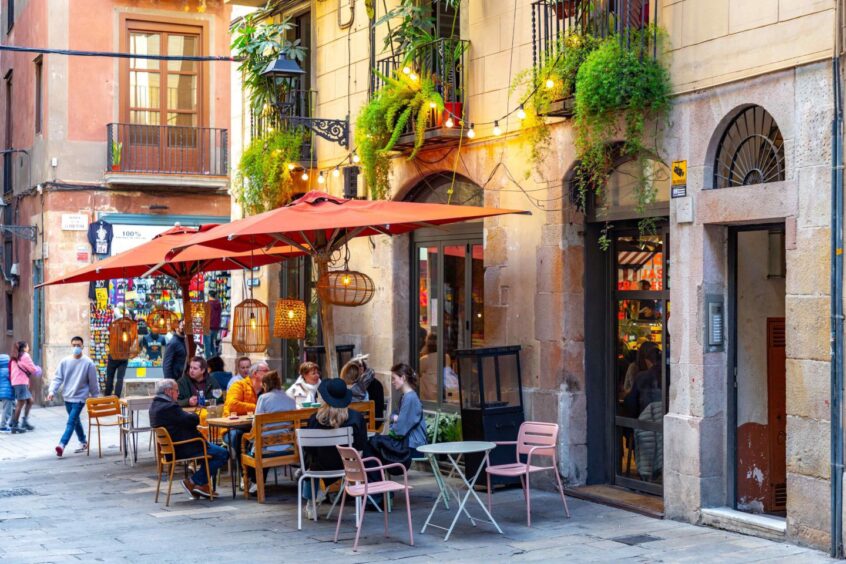
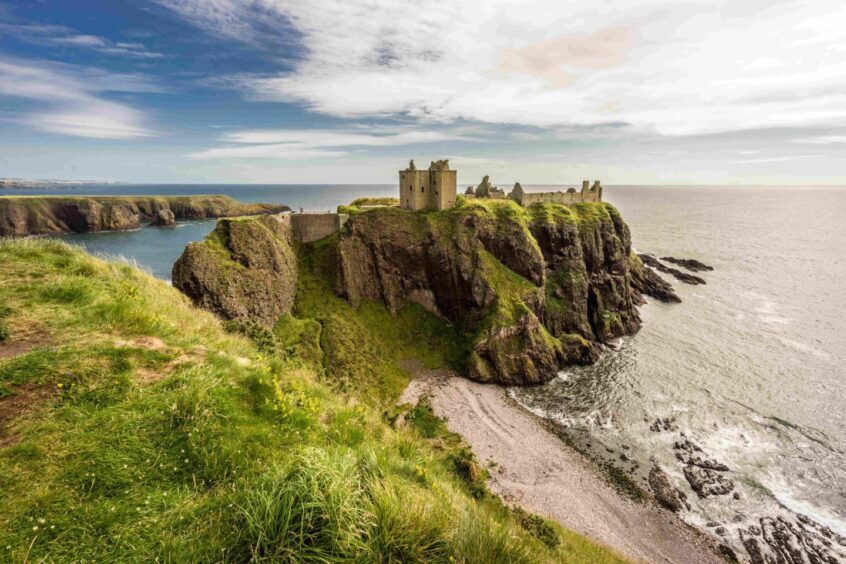
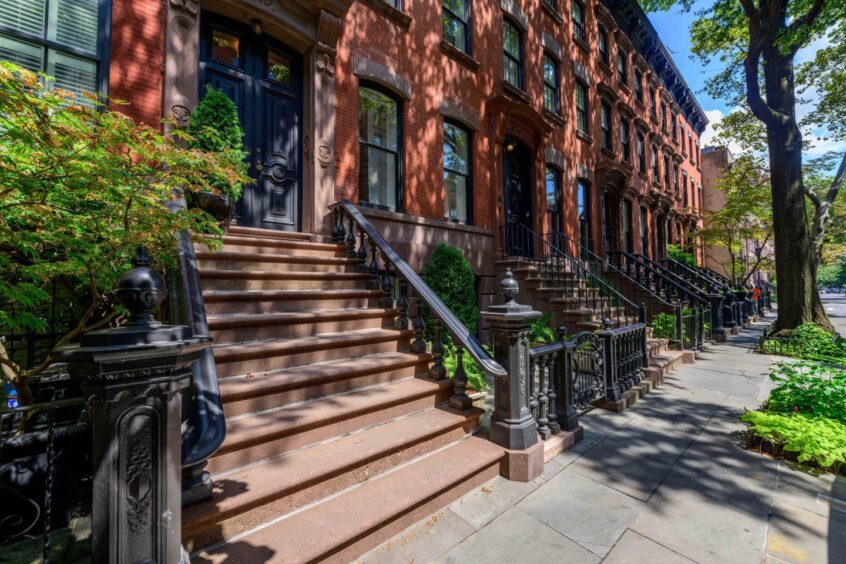
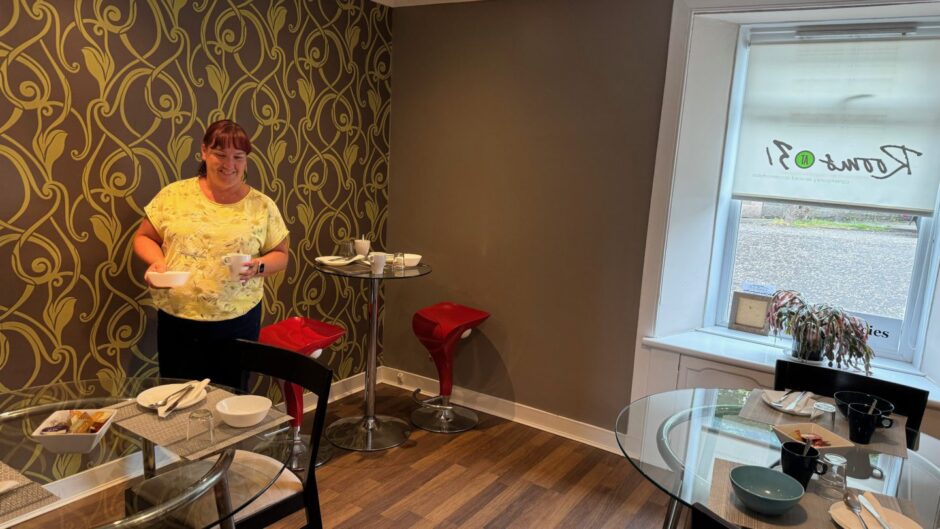
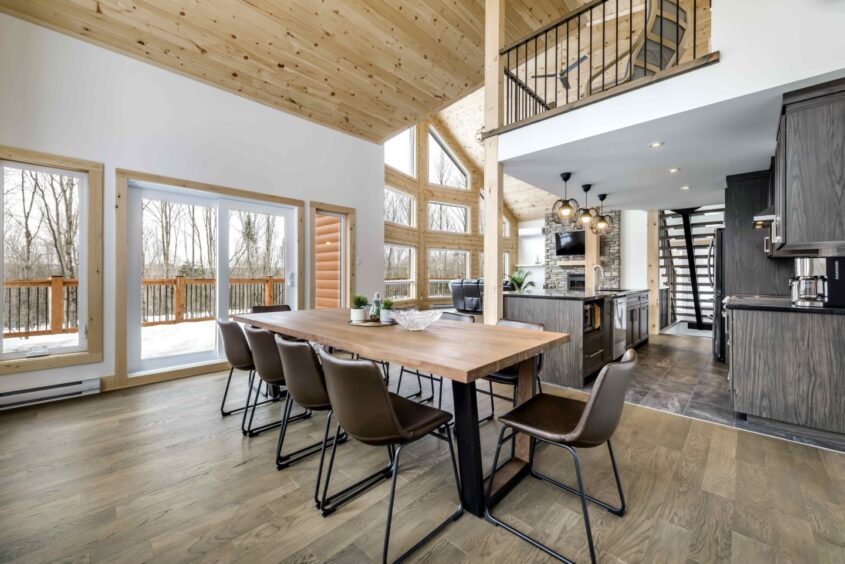
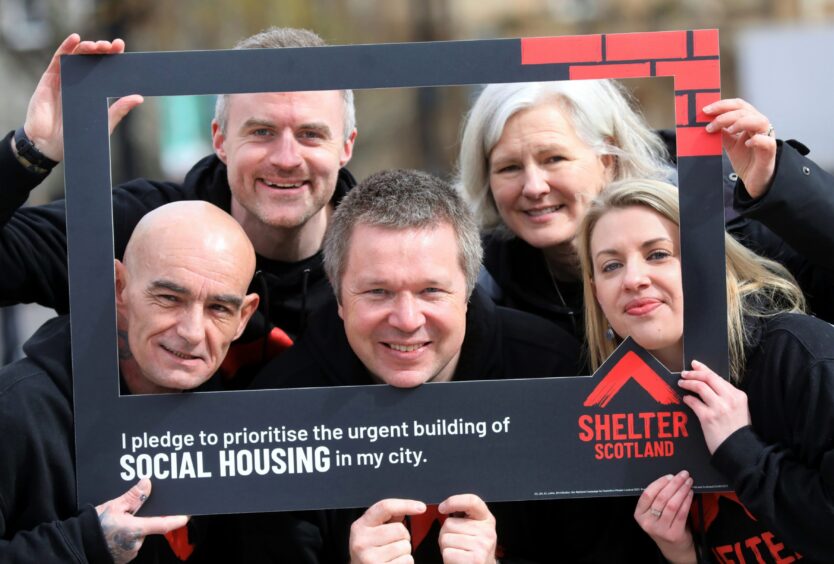
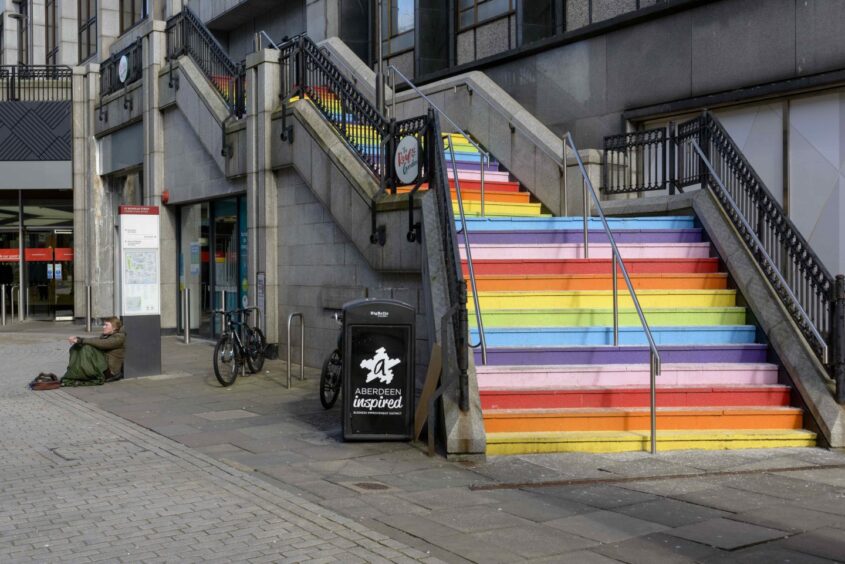
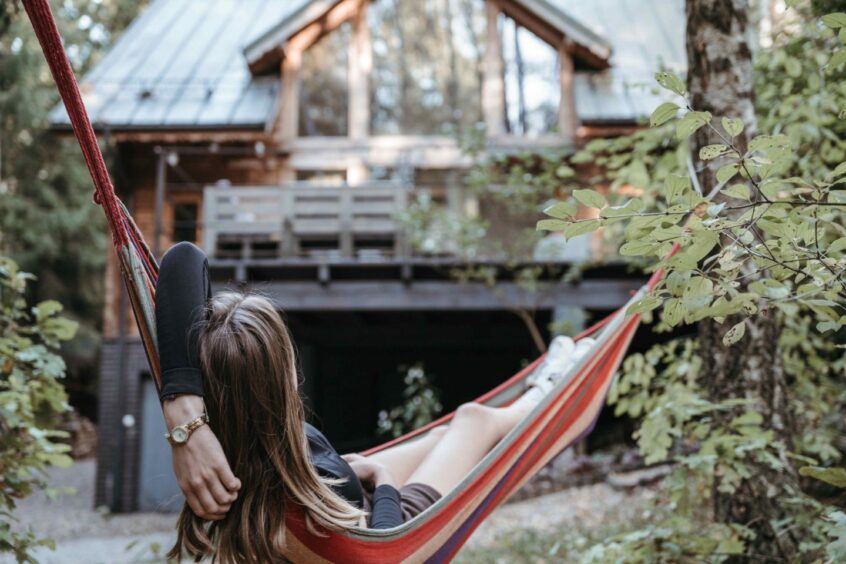
Conversation